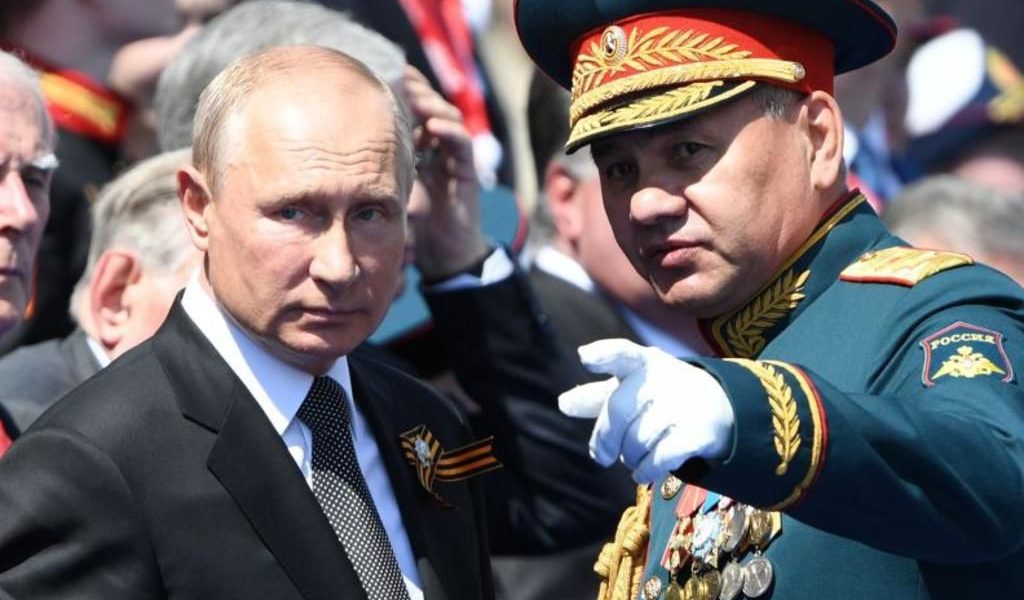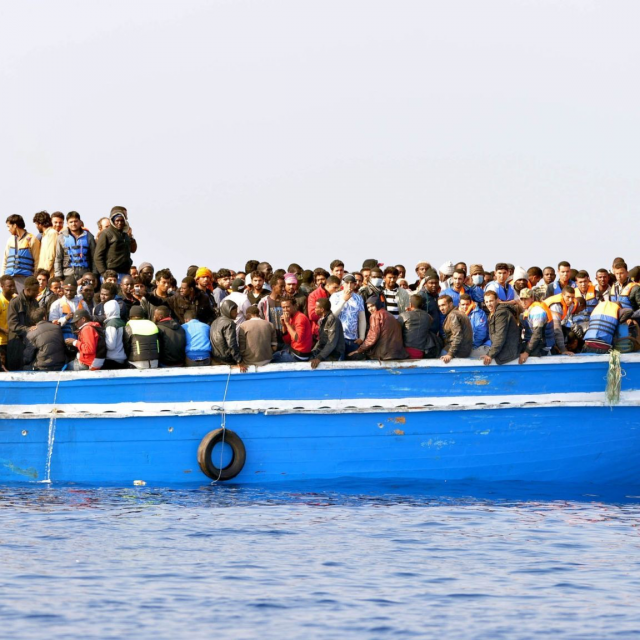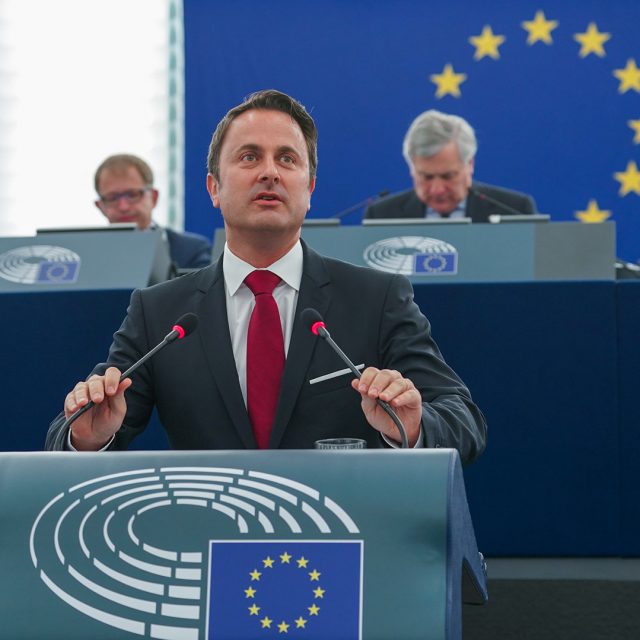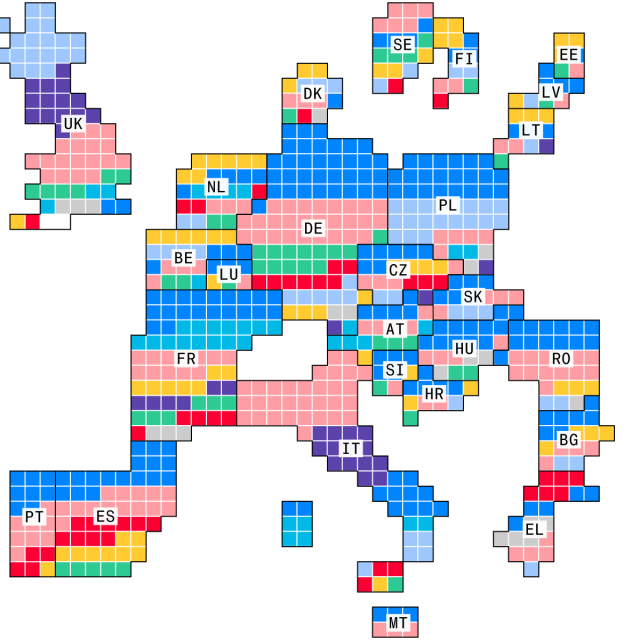The war unleashed by Russia on 24 February is likely to become a future model for the academic analysis of situations in comparative political science and practical geopolitics. This war has proved that even in the 21st century, classic “real politic” concepts can be applied and may determine the contours of the future world.
Putin is testing NATO’s collective security system, which is the key to the integrity and security of Western nations. Russia has instigated an unprecedented geopolitical challenge: by unleashing a war with Ukraine, it went all-in and put on the line the very system of international relations that took shape after 1945, in which the Kremlin was one of the leading actors.
The idea of restoring spheres of influence is a throwback to the past and would be a major blow to freedom and democracy across the world. This is exactly what Putin seeks: to force the civilized world to reckon with the Kremlin’s totalitarian objectives and to sacrifice some countries in the face of the threat of a “big war.” The West has taken restraining steps: the sanctions imposed on Russia should bleed its economy dry, which will inevitably be reflected in military budgets. The confrontation has gone beyond purely military operations, spilling over into the information and ideological fronts. Russia appears to be severing all ties with the West, which the Kremlin sees as its ultimate foe.
Ukraine and Russia both find themselves in extreme difficulties. Ukraine is being forced to fight for freedom and independence, Russia is facing long-term challenges, some of which may threaten its statehood. The rapid decline of the Russian economy provokes separatist trends due to disproportionate contributions to the central budget from different regions of the Federation. The first signs of a possible collapse of the nation emerged immediately after the fall of the Soviet Union in 1991, but the Chechen wars and the repressive state apparatus succeeded in keeping the Russian Federation together.
The current crisis in Russia is the latest signal of developing separatist tendencies. The West is already preparing for such a scenario, which is creating more risks and threats along the entire perimeter of Russia’s borders. The situation is further complicated by the assumption that any collapse of the Russian Federation into multiple independent actors will mean the emergence of several new nuclear “powers,” which in turn would compromise the collective security system and negate the existing Non-Proliferation Treaty. For the international community, especially for the nations neighbouring Russia, this is an unprecedented challenge, giving rise to a potential series of conflicts involving nuclear strikes. An integrated Russia is a much smaller threat to the world than a fragmented one. The West is economically depleted, sanctions have a mutual effect, and in the new geopolitical realities, neither NATO nor individual democracies will be able to deliver an adequate response to eliminate the threat posed by several actors possessing nuclear weapons, and without foreign policy obligations.
One possible scenario to pacify Russia might be by toppling the current regime through a Kremlin coup. Many influential figures in Russia have suffered huge losses, and are anything but happy with Putin’s policies. The incumbent government will go for no compromise with the west, having chosen the path of confrontation. There are no obvious signs that this war will end quickly and with no more losses. Continued hostilities carry the risk of decision-makers losing control over the situation. Removing Putin from power might be one effective way to resolve the situation. But would a replacement change the direction of policy?
Ukraine’s position on the world map is of strategic importance as vital communications run through the country, which also serves as a buffer between the West and the East. Military action in this region is unacceptable. Ukraine needs military assistance, and with an appropriate arsenal of heavy weapons, it is capable of inflicting critical losses on the Russian army. To fully neutralise the threat that the whole world is now facing, the removal of Vladimir Putin and his allies from power may be the only solution; but for this to happen, there needs to be change from within.




